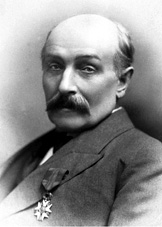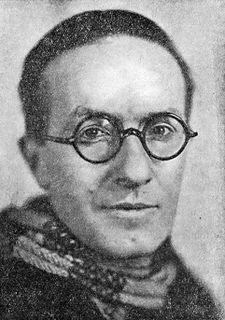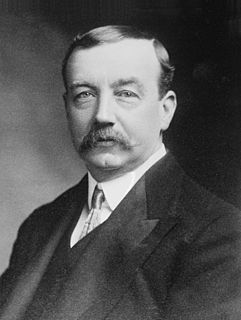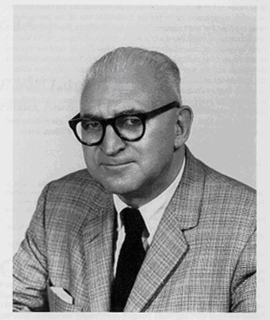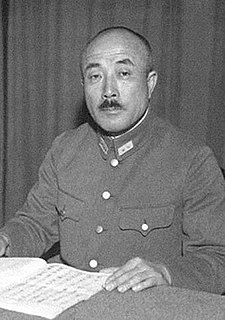A Quote by Randal Cremer
It may be that for a long time some nations will continue to fight each other, but the example of those nations who prefer arbitration to war, law courts to the battlefield, must sooner or later influence the belligerent powers and make war as unpopular as pugilism is now.
Related Quotes
Born enemies don't fight. Nations you would say were designed to go to war against each other by their skins, their language, their smell; always jealous of each other, always hating each other; they're not the ones who fight. You will find the real antagonists in nations fate has groomed and made ready for the same war.
To have security against atomic bombs and against the other biological weapons, we have to prevent war, for if we cannot prevent war every nation will use every means that is at their disposal; and in spite of all promises they make, they will do it. At the same time, so long as war is not prevented, all the governments of the nations have to prepare for war, and if you have to prepare for war, then you are in a state where you cannot abolish war.
If civilization is to survive, the principles of the Prince of Peace must be restored. Shattered trust between nations must be revived. Most important of all, the will for peace on the part of peace-loving nations must express itself to the end that nations that may be tempted to violate their agreements and the rights of others will desist from such a cause. There must be positive endeavors to preserve peace. America hates war. America hopes for peace. Therefore, America actively engages in the search for peace.
If we remain one people, under an efficient government, the period is not far off when we may defy material injury from external annoyance; when we may take such an attitude as will cause the neutrality we may at any time resolve upon to be scrupulously respected; when belligerent nations, under the impossibility of making acquisitions upon us, will not lightly hazard the giving us provocation; when we may choose peace or war, as our interest, guided by justice, shall counsel.
So great are the psychological resistances to war in modern nations, that every war must appear to be a war of defence against a menacing, murderous aggressor. There must be no ambiguity about whom the public is to hate. Guilt and guilelessness must be assessed geographically and all the guilt must be on the other side of the frontier.
As we watch the world embrace the Olympics in the coming days, let us remember why the modern Olympics came into being: to bring nations closer together, to have the youth of the world compete in sports, rather than fight in war. As long as we believe our own war-driven thoughts, there will always be war, in ourselves, in our families, and in our world. As long as we believe our thoughts, there will always be war.
